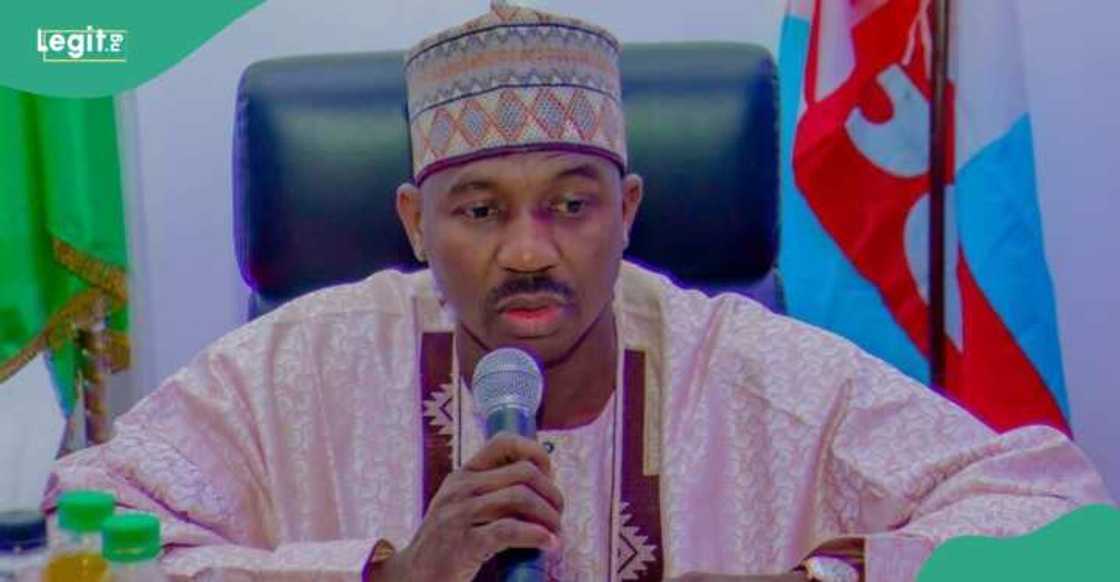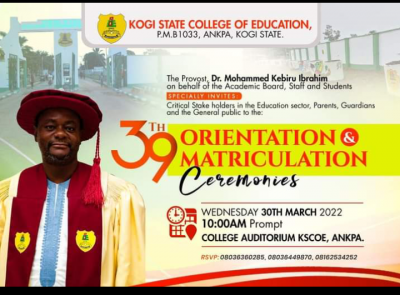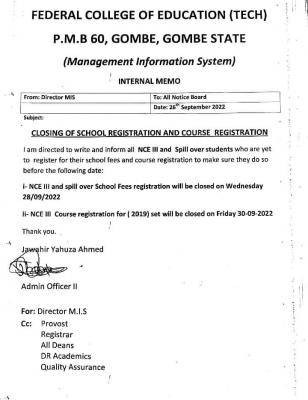
As was the case in 2009 when it came to the turn of poetry, the Advisory Board of the Nigeria Prize for Literature (NPL), sponsored by the Nigeria Liquified Natural Gas (NLNG), has released a shortlist of three poets for the 2013 edition of the prize.
These include, in alphabetical order of their surname, Tade Ipadeola (The Sahara Testaments), Amu Nnadi (through the window of a sandcastle) and Promise Ogochukwu(Wild Letters).
Quoting the chairman of the Advisory Board, Emeritus Professor Ayo Banjo in a communiqué, General Manager, External Relations, Nigeria LNG Limited, Kudo Eresia-Eke said the eventual winner of the competition will be announced at a World Press Conference on October 9.
Poet and Lawyer, Ipadeola, a graduate of the Obafemi Awolowo University, Ile-Ife, lives in Ibadan, from where he writes and practices law. He has authored three volumes of poetry along with other published short stories and essays.
He is the current President of PEN International, Nigeria Centre, an organization which promotes literature and advocates freedom of expression. In 2009, he won the Delphic Laurel in poetry with his poem Songbird in Jeju, South Korea. Some literary critics described his writing prowess as “exceptionally philosophical” as his entry for this prize, The Sahara Testament was said to have contained a sequence of 1000 quatrains on the Sahara.
Amu Nnadi is the author of the fire within and pilgrim’s passage, two volumes of poetry well received in Nigeria. His debut volume of poetry, the fire within, won the maiden edition of ANA/NDDC Gabriel Okara Prize for Poetry. Nnadi, who writes poetry without punctuation and capital letters and publishes without any personal data and name, lives in Port Harcourt, and currently works at the Niger Delta Development Commission. He said in an interview; “I write poetry without punctuation and capital, not for any other reason than the fact that ‘life is a fragile metaphor, told with neither capital nor punctuation.’
We are mere tools in its hand. Life is a train of unbreakable and uncontrollable motions and emotions. Its essence is not in the punctuations, but in the story itself that unfolds…I publish without my photograph because I do not want to add my image or arrogance to what is not completely mine; because, as Gandhi says, ‘we must reduce ourselves to zero’ to earn eternity. Sometimes it is contradictory and befuddled. Sometimes it is clear. But, that’s the stuff of art, especially poetry.”
Armed with a PhD in Communication and Language Arts from the University of Ibadan, Ogochukwu Promise has published several literary works including novels, children’s /literature, short stories, drama, poetry and essays. In 2005, Ogochukwu was on the shortlist of three for The Nigeria Prize for Literature with her volume of poetry, Naked Among These Hills. She lives in Lagos, where she is actively involved in various charity programmes and activities. She is the brain behind the Lumina Foundation, organisers of the Wole Soyinka Prize for Literature.
Before then, the Board on Monday, August 12, at the Southern Sun Hotel, Victoria Island, Lagos, had declared the approval of an initial shortlist of 11 poets out of the 201 entries. The rest on the list, in alphabetical order were Afam Ake with Letter Home and Biafran Nights; Amatoritsero Ede – Globetrotter and Hitler’s Children; G’ebinyo Egbewo – Marsh Boy and Other Poems; and Iquo Eke – Symphony of Becoming. Others are Obari Gomba – Length of Eyes; Okinba Launko – Seven Stations up the Stairways; Obi Nwakanma – Birthcry; and Remi Raji - Sea of My Mind.
At the said meeting, the Board declared that the list was arrived at after three months of intensive scrutiny by the panel of judges, led by Professor Romanus Egudu of Godfrey Okoye University, Enugu. Egudu had said the task for the selection was cumbersome because the team had to look through each of the books, one after the other. “Each book was read and evaluated on the basis of a set of criteria which include style (creative manipulation of language of expression), mechanical accuracy, scope, artistic integrity (coherence), maturity (handling of poet’s theme), thematic focusing, relevance on the focus of the theme, general contribution of the volume and quality of product of the volume,” he said.
It was however observed that of all the genres, it was during the turn of poetry that the panel of judges declared that no winner emerged in its 2009 edition. The Board, like it did of recent, released a long list of 11 writers with strong speech that evaluated the ingenuity of the literary works.
Just at the tail end of the grand finale of the then sophisticated prize presentation ceremony, Professor Banjo declared that no poet was qualified enough to go home with the prize money. The aftermath of this declaration attracted mixed reactions from writers. Some were of the opinion that the judges deliberately decided not to give out the award based on certain interior motives having written and presented almost a conclusive speech that suggested excellent entries at the world press conference.
Others observed lack of coherence and consistency in the bilateral relationship between the then panel of judges, some of the shortlists and the sponsor.
Be that as it may, the prize money, $100,000, equivalent of N15million, was given to the Nigerian Academy of Letter (NAL) for researches.
In his defense recently, Banjo, said the prize money was used to organize a workshop at Ibadan and that a book has also been published from the report of the said workshop which he promised will soon be on shelves and libraries.
In a chat with our correspondent, the emeritus professor and former vice chancellor of the University of Ibadan, Banjo, said there has been noticeable improvement in the writing skill and humour of Nigerian poets. Giving a practical assurance to declare a winner this time, unlike the previous experience, he said “fine writing is coming out of Nigeria today. They are writing very well. Winner will surely emerge in this edition.”
The chairman of the panel of judges is Romanus Egudu, a professor of English at Godfrey Okoye University, Enugu State and former president of the Nigerian Academy of Letters. Other members of the panel are Prof. Omolara Ogundipe of the Department of English, University of Port-Harcourt, Rivers State and Dr. Andrew Aba of the Department of English, Benue State University, Makurdi, Benue State.
Other members of the Advisory Board, besides Banjo, are former minister of state for education and former president, Association of Nigerian Authors (ANA), Dr. Jerry Agada, and former president, Nigerian Academy of Letters (NAL), Prof. Ben Elugbe.
The Nigeria Prize for Literature has since 2004 rewarded eminent writers such as the oldest living Nigerian poet, Dr. Gabriel Okara for his volume of poetry The Dreamer, His Vision(co-winner 2004 – poetry); Professor Ezenwa Ohaeto, for his volume of poetry Chants of a Minstrel(co-winner 2004 poetry); Ahmed Yerima (2005 – drama) for his book, Hard Ground; Mabel Segun (co-winner 2007 – children’s literature) for her collection of short plays Reader’s Theatre; Prof. Akachi Adimora-Ezeigbo (co-winner 2007 – children’s literature) with her book, My Cousin Sammy; KaineAgary (2008 – prose) for her novel YellowYellow; EsiabaIrobi (2010 – drama) who clinched the prize posthumously with his book Cemetery Road; Adeleke Adeyemi (2011 – children’s literature) with his book The Missing Clock and Chika Unigwe (2012 – prose), with her novel, On Black Sisters’ Street.
The Nigeria Prize for Literature rotates yearly amongst four literary genres: prose fiction, poetry, drama and children’s literature. By 2014, the Nigeria’s centenary year, it would be the turn of drama genre.
Eresia-Eke also observed in his report that “The Nigeria Prize for Literature and The Nigeria Prize for Science are some of Nigeria LNG Limited’s numerous contributions towards building a better Nigeria.”



